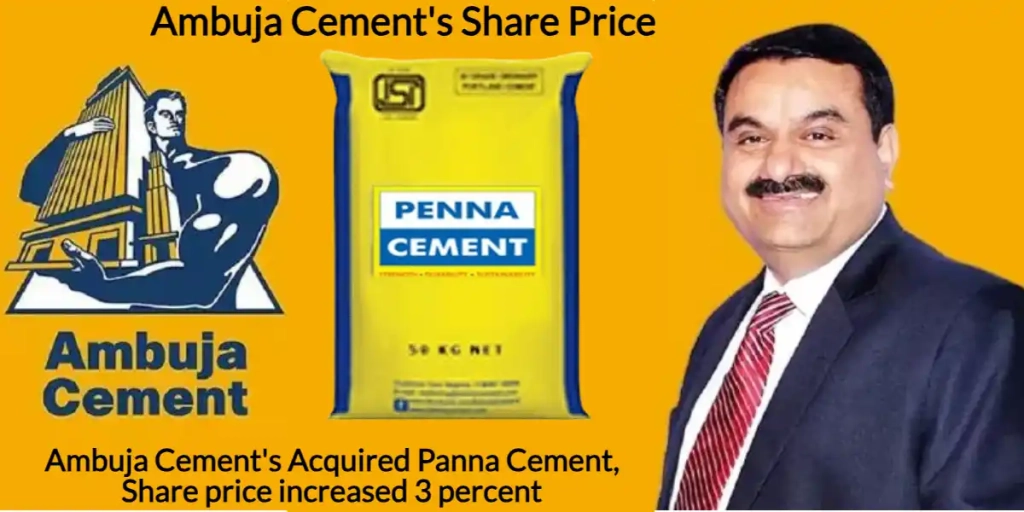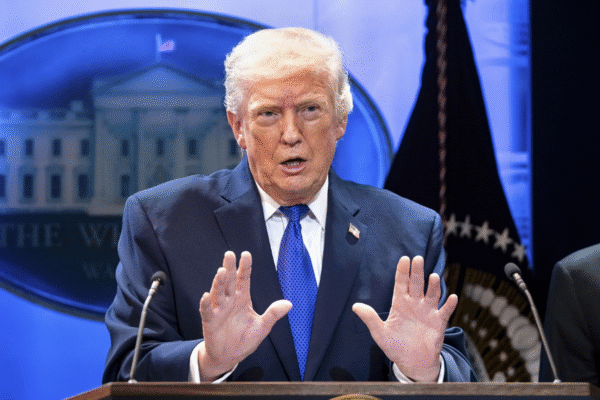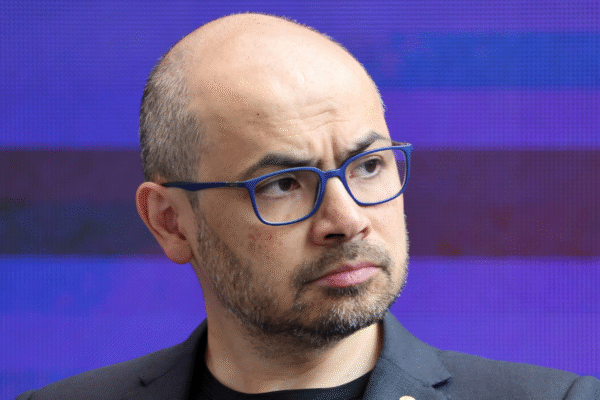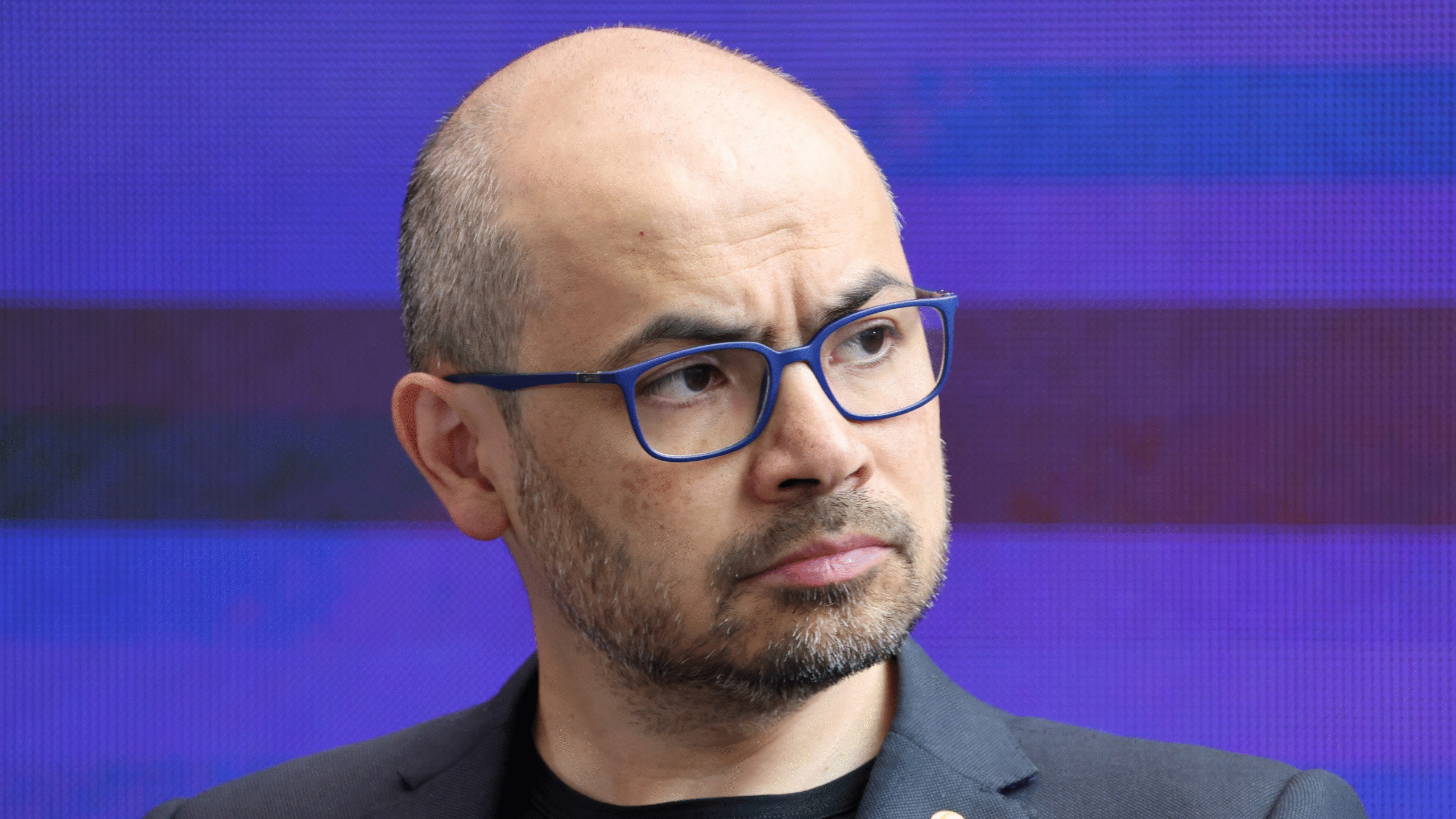

Prabha Gupta, September 5,2025
Cement Price Hike Before GST Cut: Why Are Companies Silent?
On September 22, 2025, India will lower GST on cement from 28% to 18%.
This move was expected to ease construction costs and benefit home buyers. But ahead of the cut, something unexpected happened: dealers increased cement prices, and cement companies remained silent.
Dealers Raise Prices Before GST Drop
Across India, cement prices have already risen — even before the new GST rate kicks in.
In South India, the hike is around ₹20–₹30 per bag. In North India, it’s even higher: ₹40–₹50 per bag.
Despite these increases being verified in the market, no cement company has denied or explained the rise.
The price hike effectively cancels out the expected benefit from the GST cut.
What the GST Council Decided
In its 56th meeting on 3–4 September 2025, the GST Council reduced the GST rate on cement from 28% to 18%. gst-reforms-modi-government-eight-years
This was a long-pending demand from both industry experts and consumers.
Finance Minister Nirmala Sitharaman urged companies to pass on the GST benefit to consumers. But current pricing trends suggest otherwise.
Are Cement Companies Benefiting Unfairly?
Market analyst Sahil Bhadwaj, registered with SEBI, posted on X (formerly Twitter):
“My relative runs a cement distribution business. Cement companies have increased prices by ₹30 per bag. The GST cut benefit won’t reach consumers.”
He also claims that cement companies will save 10% on input costs due to lower GST on raw materials — without passing that benefit down the chain.
Expected Price Drop Nullified
Originally, the GST cut was expected to reduce cement prices by ₹25–₹30 per bag.
That would bring the all-India average price down from ₹365–₹372 to around ₹335–₹345 per bag.
This could have lowered housing construction costs by 1% to 1.5%, given that cement forms 12–14% of total construction expenses.
Instead, preemptive price hikes by dealers have cancelled the relief — and cement companies are silent.
Can Dealers Increase Rates on Their Own?
Technically, no.
Cement companies operate through a vast distribution network. Dealers can’t arbitrarily raise prices. Any price adjustment requires company knowledge and approval.
Uniform pricing is maintained to ensure stability across regions.
So, if dealers are charging ₹40–₹50 more per bag, companies almost certainly know.
Yet, not a single major cement company has issued a clarification or press statement.
Cement Industry: A Growing Monopoly?
The Indian cement market is increasingly dominated by two giants:
Adani Group’s Cement Takeover
- In 2022, Adani acquired Ambuja Cement and ACC from Holcim.
- In 2023, it added Sanghi Industries and Penna Cement.
- In 2024, it bought Orient Cement from the CK Birla Group.
These acquisitions are part of Adani’s plan to become India’s No. 1 cement player, overtaking UltraTech.
UltraTech Cement (Aditya Birla Group)
UltraTech remains the largest cement company in India.
It recently acquired stakes in India Cements and Kesoram Cement.
By FY27, it plans to expand capacity to 200 million tonnes per year.
Together, Adani and Aditya Birla control a massive share of India’s cement market — creating what many see as a duopoly. adani-cement-acquisition?utm_source=chatgpt.com
Monopoly and Mute Watchdogs
A duopoly can set prices with little resistance.
With no anti-profiteering watchdog and government silence on monopolistic practices, cement prices may remain unchecked.
Opposition leader Rahul Gandhi has repeatedly raised this issue, claiming monopolies hurt small industries and consumers.
The cement price hike before GST cut shows how quickly market players can game the system.
Without transparency, watchdogs, or regulatory checks, tax reforms may never reach the people they’re meant to help.

NewsHasghag operates a 24/7 news bureau that tracks the real-time, social media-driven stories from India and around the world, keeping you ahead of the day’s key talking points. Our digital-first approach transforms storytelling through the seamless integration of data, interactive charts, video, and audio into every narrative








